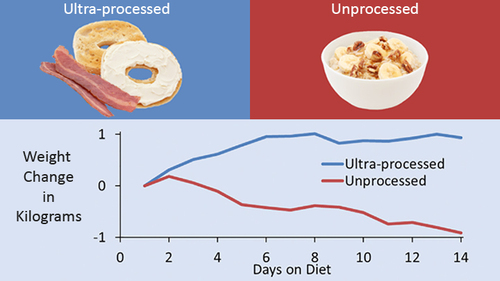

Christopher Gardner of Stanford agrees, though he'd prefer to focus the message on what people should be eating instead. "If you're going to tell them what to avoid, Americans are often clever enough to choose something else that's just as bad or worse," Gardner says.
He worries, for example, that if a family on a tight budget hears that jarred spaghetti sauce is ultra-processed, instead of opting for a fairly healthful homemade meal of pasta served with jarred sauce with vegetables and lean meat tossed in, they might opt for fast food.
His advice? Focus on eating a diet that's primarily plant-based – though that doesn't have to mean no meat whatsoever.
And if you're considering eating a packaged food, read the ingredient list. "If you really have no idea what some of those ingredients are, it probably went too far," Gardner says.
Gardner sits on the independent advisory committee that reviews scientific evidence and makes recommendations that will inform the development of the next iteration of the U.S. dietary guidelines to be issued in 2025. He says ultra-processed foods are one of the issues they're considering. Some countries, including Brazil, Peru and Uruguay, have dietary guidelines that specifically recommend freshly prepared meals and avoiding ultra-processed foods.
Ultimately, Zhang says the burden of making healthier food choices shouldn't fall solely on consumers – especially when it comes to setting kids up for better health long term.
"It does need the whole society to pay attention to this, to work together, including the food industry, including the government, to be able to reduce the amount of ultra-processed food our kids are consuming in their day," she says.
May 25, 2023
12:05 PM ET
